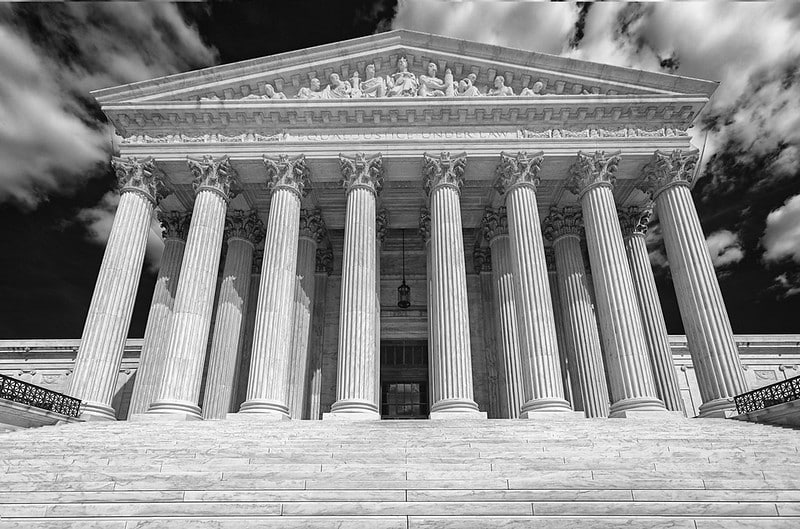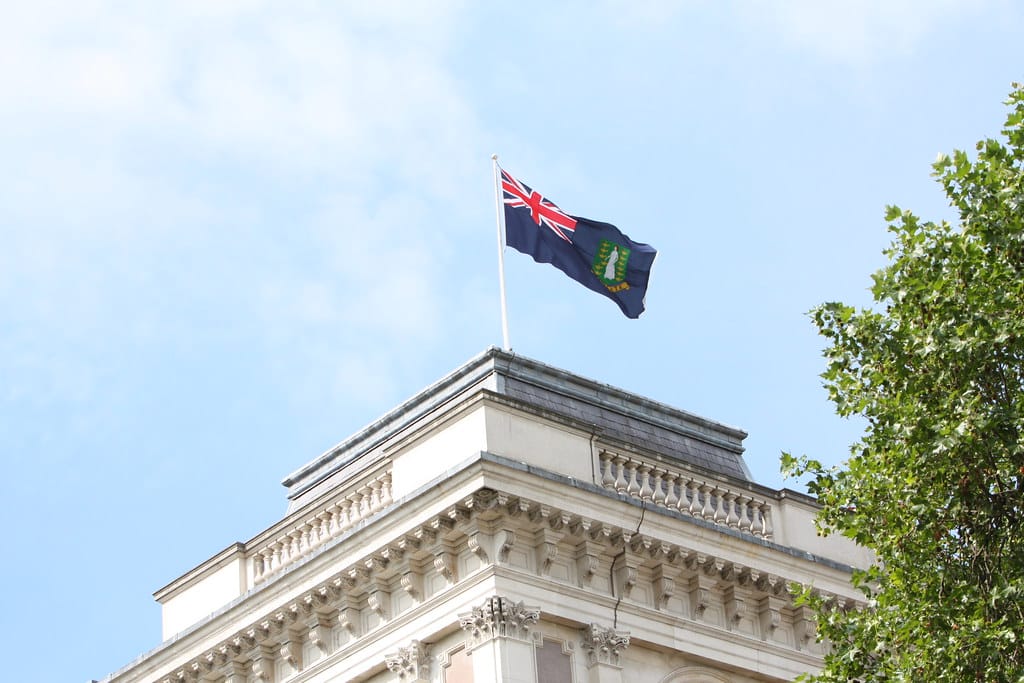Second Circuit Again Limits Extraterritorial Reach of Commodity Exchange Act
In Laydon v. Coöperatieve Rabobank U.A., the Second Circuit once again held that the Commodity Exchange Act (CEA) does not apply to futures contracts traded on U.S. exchanges that are tied to the values of foreign commodities. Although the transactions in this case undoubtedly occurred in the United States, the court held that the claims…
Continue ReadingSDNY Rejects Immunity for Former Diplomat in Trafficking Case
To ensure that diplomats can perform their functions without harassment, international law grants them broad immunity from the criminal and civil jurisdiction of the state to which they are accredited. Unfortunately, some diplomats seem to treat such immunity as a license to abuse their domestic servants. Earlier this year, Ingrid (Wuerth) Brunk reported on a…
Continue ReadingForeign Data Protection Laws: Greater Impact on U.S. Discovery than Foreign Blocking Statutes
Litigants are increasingly relying on foreign data protection laws – especially new laws in China and the European Union – to resist discovery requests from courts in the United States. Historically, U.S. courts do not limit discovery just because the production of the requested materials or information would violate foreign laws. So far, as Bill…
Continue ReadingDoes the TVPRA Apply Extraterritorially? Thoughts on the U.S. Chamber of Commerce Amicus Brief in Doe v. Apple
As the U.S. Supreme Court has repeatedly limited the scope of the implied cause of action under the Alien Tort Statute (ATS), victims of human rights abuses have looked to other U.S. statutes for remedies. One of these is the Trafficking Victims Protection Reauthorization Act (TVPRA), which creates a civil remedy against perpetrators and others…
Continue ReadingDistrict Court Dismisses Another Case Against MBS for Lack of Personal Jurisdiction
Two weeks ago, while King Salman was appointing Crown Prince Muhammad bin Salman (MBS) as Prime Minister of Saudi Arabia in an apparent bid to secure him head-of-state immunity in a suit brought by Jamal Khashoggi’s widow, the judge in a different case quietly dismissed another plaintiff’s claims against MBS for lack of personal jurisdiction….
Continue ReadingEnforcing Chinese Judgments: A Response
In July, Bill Dodge discussed the enforcement of Chinese judgments in U.S. courts, using the Shanghai Yongrun case as a recent example and arguing against systemic review of foreign legal systems. Along the way, he cited Judging China, a recent paper of mine. He accurately characterized me as less than enthusiastic about U.S. courts enforcing…
Continue ReadingTerritoriality v. Extraterritoriality in Intellectual Property
A core principle in U.S. intellectual property (IP) law is that IP rights are territorially limited. A U.S. patent, copyright, trademark, or trade secret affords the holder exclusive rights solely within the United States. This principle also exists at the international level, as reflected in the Agreement on Trade Related Aspects of Intellectual Property (TRIPS)….
Continue ReadingDistrict Court Dismisses Mexico’s Suit Against U.S. Gunmakers
Last week, the federal district court for the District of Massachusetts (Chief Judge Dennis Saylor) dismissed a complaint brought by Mexico against seven U.S. gun manufacturers and one distributor. According to the complaint, the defendants design, market, and sell guns in ways they know will arm Mexican drug cartels. Mexico has strict gun laws, but an…
Continue ReadingTransnational Litigation Anticipation: Previewing the Court’s Next Term
TLB recently recapped the Supreme Court’s transnational litigation cases from last Term. This post looks ahead to the upcoming Term, for which the Court has already granted certiorari in a personal jurisdiction case that may have implications for transnational litigation. TLB is also tracking several interesting petitions for certiorari in disputes involving the Foreign Sovereign…
Continue ReadingDistrict Court Interprets Geographic Scope of the Commodity Exchange Act
In a recent decision, CFTC v. WorldWideMarkets Ltd., the federal district court for the District of New Jersey (Judge Kevin McNulty) interpreted the geographic scope of the Commodity Exchange Act (CEA), holding that two of its provisions apply only when irrevocable liability for a transaction is incurred within the United States. The decision aligns the…
Continue Reading






